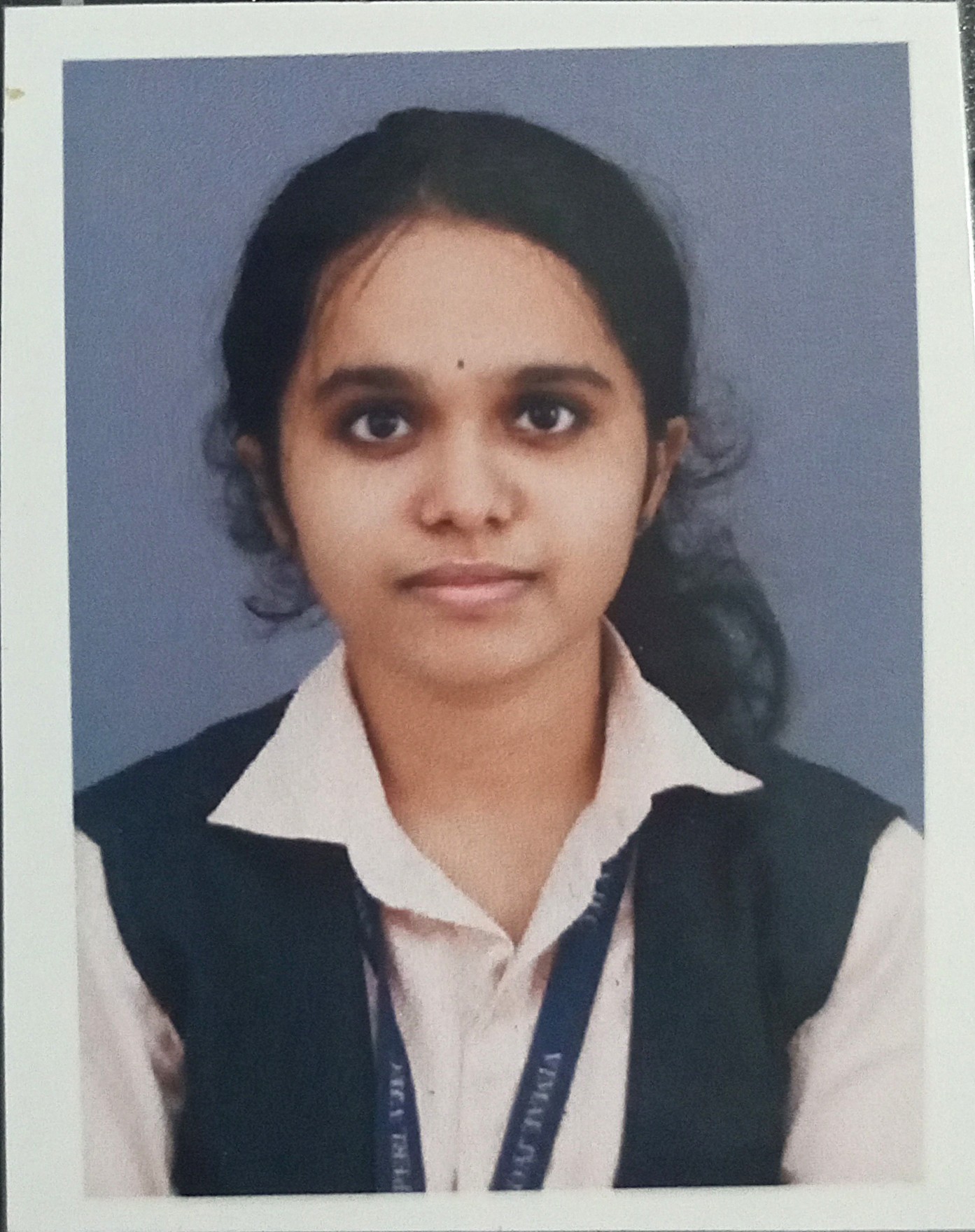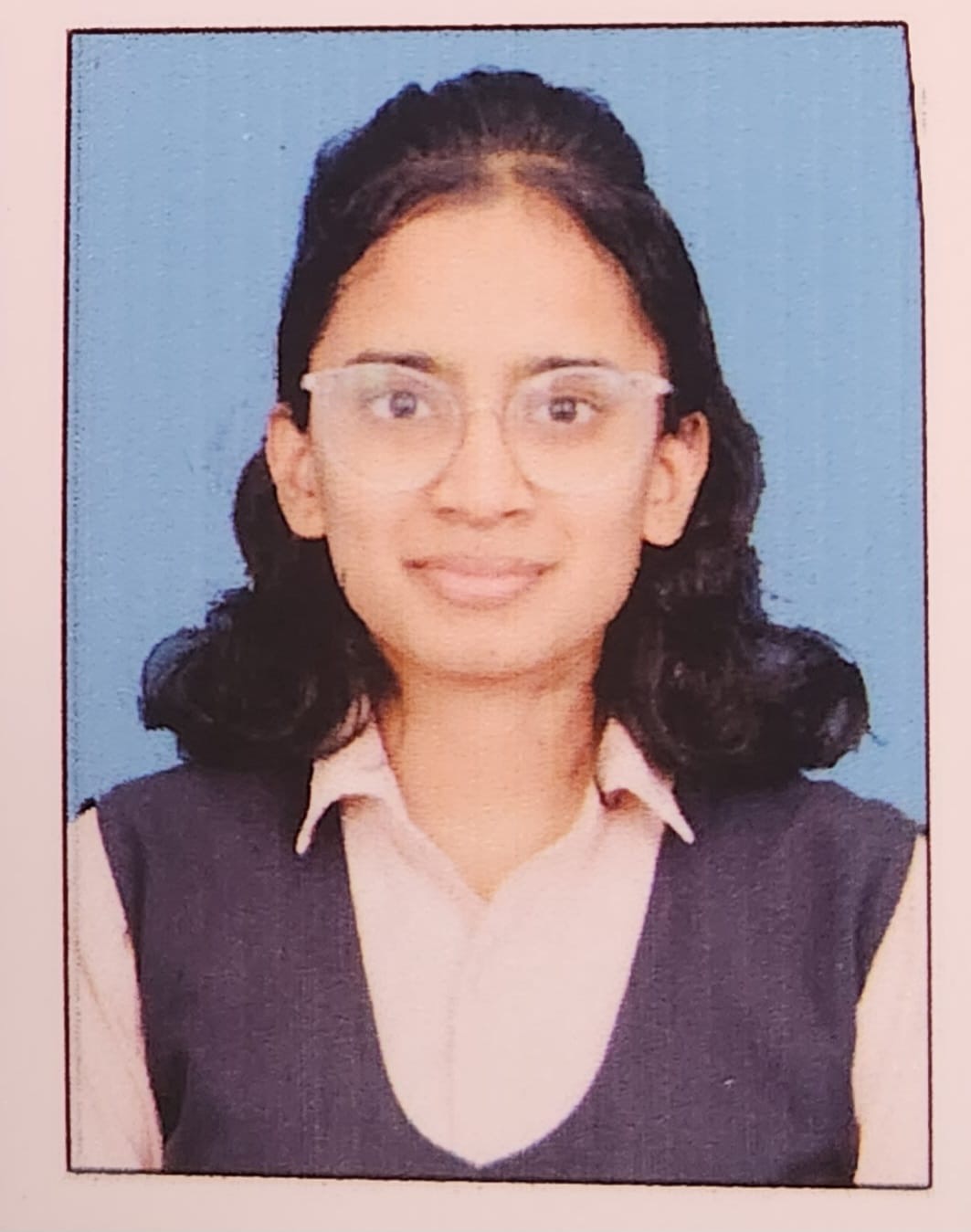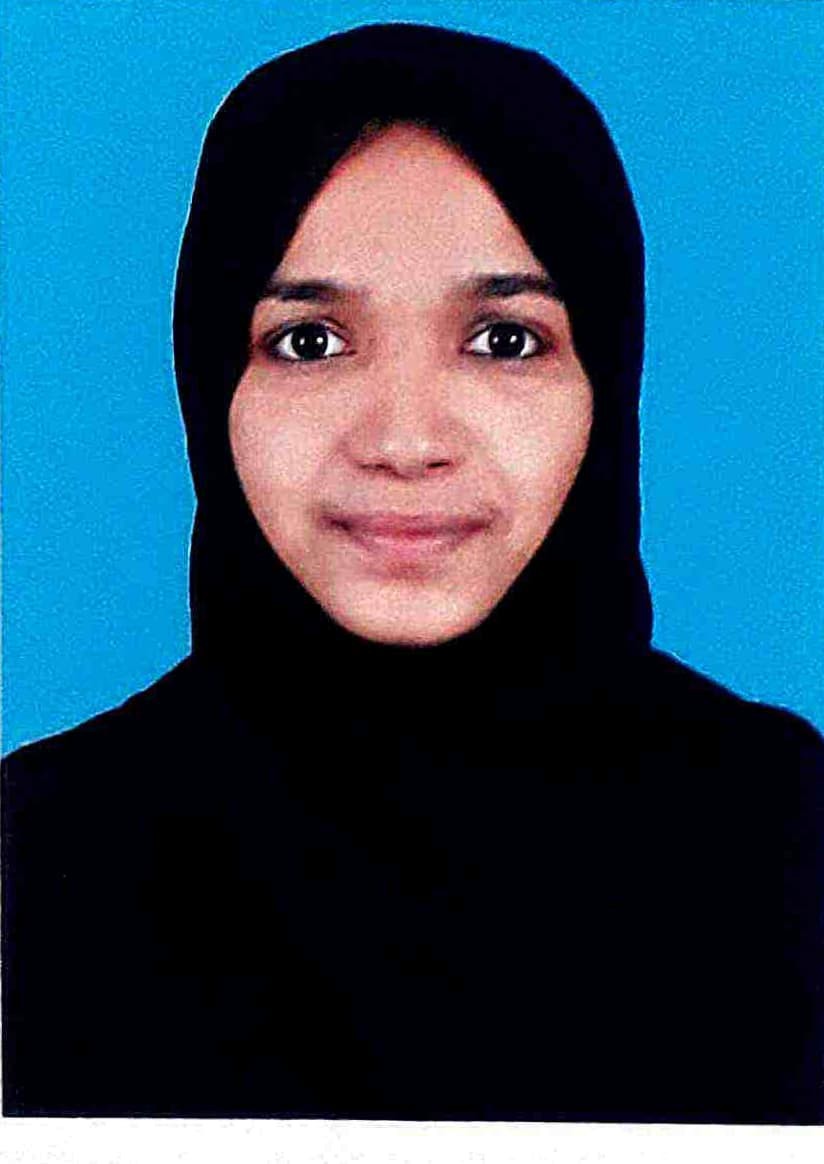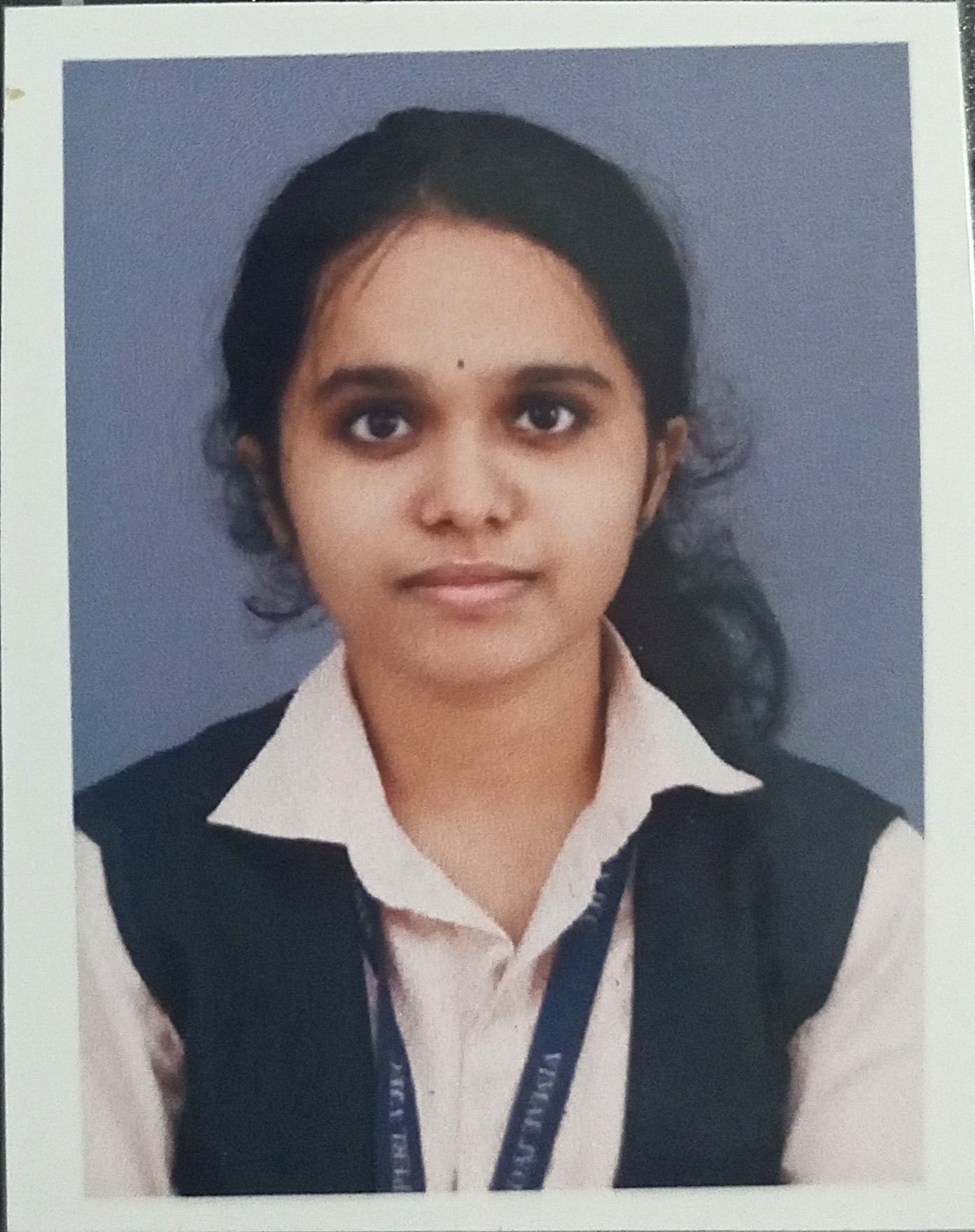Placements
Nandana Prashanth
FACE Prep
Adwaith Rajesh
Nethram LLC
Aleena Koshy
Sutherland Global Services
Amal Shibu
Sutherland Global Services
Cinana Vinod
Sutherland Global Services
Fathima Ebrahim Kutty
Sutherland Global Services
Fathimathu Nasna S P
Sutherland Global Services
Muhammed Nashath L
Sutherland Global Services
Nandana Prashanth
Sutherland Global Services
- Artificial Intelligence and Data Science program, established in 2020, is offered under the Department of Computer Science and Engineering.
- Artificial Intelligence and Data Science is designed to equip students with in-demand technical skills in the fields of AI and data science.
- The program offers comprehensive knowledge in machine learning, deep learning, and data analytics, with practical training in tools.
- The curriculum includes elective subjects that allow students to explore current trends in artificial intelligence and data science. The Honours program enables students to specialize in advanced areas of AI, while minor courses are available to promote interdisciplinary learning.
-
The professional body, IEEE Computational Intelligence Society (CIS), is actively engaged in the department.
30June 2025
INTELLECTA JUNE 2025
INTELLECTA VOLUME:3 , ISSUE:2
07Mar 2025
INTELLECTA FEBRUARY 2025
INTELLECTA VOLUME:3, ISSUE:1
| Department Location |
NA |
| Head of Department |
Dr. Manoj V. Thomas( Ph.D , M.Tech ,B.Tech) |
| Address for communication |
Professor & Program Coordnitator (Senior Member-IEEE) Department of CSE,
Vimal Jyothi Engineering College,
Chemperi Post, Kannur Dist-670632,
Kerala, India.
|
| Email-ID |
[email protected] |
| Telephone number |
9495951408
|
| UG Program |
B.Tech in Artificial Intelligence and Data Science(Intake - 120)
|
Vision
To contribute to the society through excellence in scientific and knowledge-based education utilizing the potential of computer science and engineering with a deep passion for wisdom, culture and values.
Mission
To promote the all-round growth of an individual by creating a futuristic environment that fosters critical thinking, dynamism, and innovation to transform them into globally competitive professionals.
To undertake collaborative projects which offer opportunities for long-term interaction with academia and industry.
To develop human potential to its fullest extent so that intellectually capable and optimistic leaders can emerge in a range of professions.
Long Term Goals
Artificial Intelligence and Data Science
- To create a center of excellence in Artificial Intelligence and Data Science, driving groundbreaking research and innovation in AI, machine learning, and big data analytics.
- To develop industry-ready professionals and leaders who can drive AI-driven transformations across various domains, including healthcare, finance, cybersecurity, and automation.
- To contribute to the advancement of AI through interdisciplinary collaboration, integrating AI with emerging technologies like IoT, blockchain, and cloud computing for real-world impact.
Short Term Goals
- Building a Strong Foundation
- To achieve 100% academic result
- To achieve 80% placements
Program Educational Objectives (PEOs)
- Graduates will achieve broad and in-depth knowledge of Artificial Intelligence and Data Science relating to industrial practices and research to analyze practical problems and think creatively to generate innovative solutions using appropriate technologies.
- Graduates will make valid judgments, synthesize information from a range of sources, and communicate them in sound ways appropriate to their discipline.
- Graduates will sustain intellectual curiosity and pursue life-long learning not only in areas that are relevant to Artificial Intelligence and Data Science but also that are important to society.
- Graduates will adapt to different roles and demonstrate leadership in a global working environment by respecting diversity, professionalism, and ethical practices.
Program Outcomes (POs)
- PO1: Engineering knowledge: Apply the knowledge of mathematics, science, engineering fundamentals, and an engineering specialization to the solution of complex engineering problems
- PO2: Problem Analysis: Identify, formulate, review research literature, and analyze complex engineering problems reaching substantiated conclusions using first principles of mathematics, natural sciences, and engineering sciences.
- PO3: Design/ Development of Solutions: Design solutions for complex engineering problems and design system components or processes that meet the specified needs with appropriate consideration for the public health and safety, and the cultural, societal, and environmental considerations.
- PO4:Conduct investigations of complex problems: Use research-based knowledge and research methods including design of experiments, analysis and interpretation of data, and synthesis of the information to provide valid conclusions.
- PO5: Modern tool usage: Create, select, and apply appropriate techniques, resources, and modern engineering and IT tools including prediction and modelling to complex engineering activities with an understanding of the limitations.
- PO6: The engineer and society: Apply reasoning informed by the contextual knowledge to assess societal, health, safety, legal and cultural issues and the consequent responsibilities relevant to the professional engineering practice.
- PO7: Environment and sustainability: Understand the impact of the professional engineering solutions in societal and environmental contexts, and demonstrate the knowledge of, and need for sustainable development.
- PO8: Ethics: Apply ethical principles and commit to professional ethics and responsibilities and norms of the engineering practice.
- PO9: Individual and team work: Function effectively as an individual, and as a member or leader in diverse teams, and in multidisciplinary settings
- PO10:Communication: Communicate effectively on complex engineering activities with the engineering community and with society at large, such as, being able to comprehend and write effective reports and design documentation, make effective presentations, and give and receive clear instructions.
- PO11: Project management and finance: Demonstrate knowledge and understanding of the engineering and management principles and apply these to one's own work, as a member and leader in a team, to manage projects and in multidisciplinary environments.
- PO12: Life-long learning: Recognize the need for, and have the preparation and ability to engage in Independent and life-long learning in the broadest context of technological change.
Program Specific Outcomes (PSOs)
- PSO 1: The ability to apply the principles of computing theory and algorithms with proficiency in Artificial Intelligence and Data Science technologies to find solutions to the real-world problems and challenges of the future.
- PSO 2: The ability to demonstrate interdisciplinary skills with sound knowledge in the principles of Artificial Intelligence and Data Science to develop quality products meeting global standards.
Course Outcomes (COs)
View
Applied Electronics & Instrumentation Engineering
Artificial Intelligence and Data Science
Civil Engineering
Computer Science and Engineering and Business Systems
Computer Science and Engineering (Cyber Security)
Computer Science and Engineering
Computer Science & Design
Electronics & Communication Engineering
Electrical & Electronics Engineering
Mechanical Engineering













